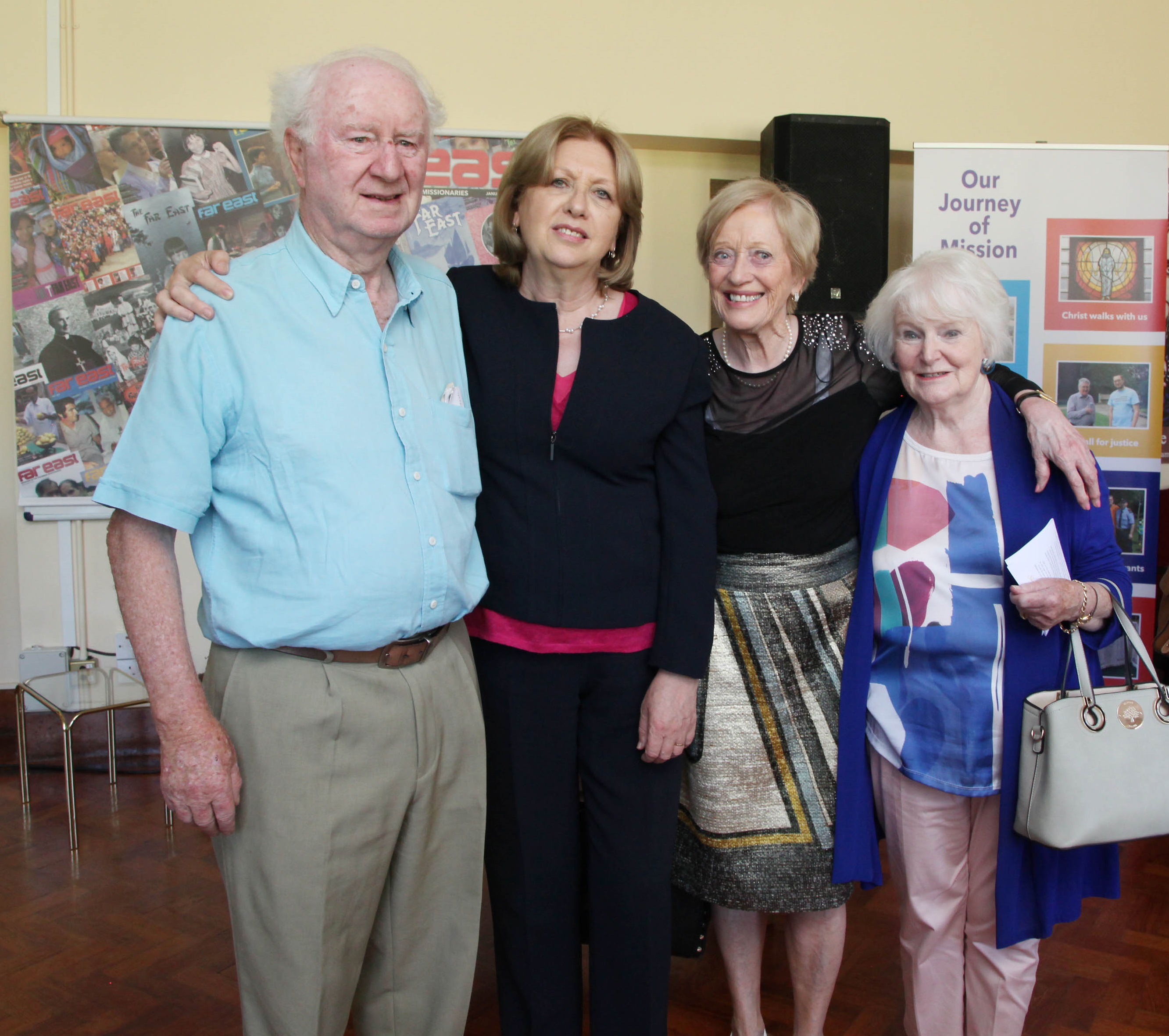“I have come that you may have life and have it in abundance” John 10.10
In the old world of European empires the mission of the Church travelled with the expansive energy of empire as it did previously in the age of trade routes and great migrations by land and sea. Today we live in a de-territorialised world of nation state each having its local church commissioned to be witness to the Good News of Jesus Christ.
The question is: how does the Christian Church, the Christian community, the individual Christian, carry out mission in an urbanising, migrating, and many would add, fragmenting world of great wealth and great want, powerlessness and unmet expectations?
Firstly, the role of the Church is to be in the witness box, not on the judge’s bench. The first stage of mission is engagement in a spirit of welcoming dialogue with those whose lives are diminished by obstacles in the external or internal landscapes of their lives.
Secondly, witness has to be visible in relevant service to enhance the quality of life in the political, social, economic and cultural networks of people’s lives.
Thirdly, witness demands standing with people, not as a spectator, walking with the in active commitment, confronting issues that are wounding their souls on their journey of hope. Migrants should be reminders that our hearts are on a journey of hope. God is present in the hope of the human faces. Agents of mission are challenges to match that hope.
Fourthly, authentic Christian mission activity must be asking why people are homeless, migrants, on the margins, afraid, exploited, unwanted, ignored and not respected. Anyone picking up victims on the road to Jericho has a moral obligation to ask why there are victims if the road is to be safer.
Fifthly, authentic Christian witness must be enabling people to be subjects of their own destiny not objects of a promoter’s gratification. Equality is indexed to respect for others. Inequality is indexed to indifference to the plight of others.
Generally, mission exists wherever there is affirmation of the quality of life in all its aspects, an experience of community offering a sense of belonging, being at home giving an awareness of and celebrating transcendence.
In the present world such communities will be inter-religious, people of different beliefs, ideologies, races, and cultures in a common struggle to experience the fullness of life both in the material landscape of economic, political and social networks and particularly in the spiritual landscapes of the human spirit.
To be a Christian is to live dangerously, honestly, freely to step in the name of love as if you may land on nothing, yet to keep on stepping because the something that sustains you, no empire can give and no empire can take away. (Cornel West, Democracy Matters)
My colleague Tony Ryan, (Archdiocese of Cashel and Emly) on his way to an appointment at Westminster Cathedral sat on a bench in the Cathedral plaza. A homeless man sat beside him. They got talking. The man was from Tipperary. So they had a lot to talk about.
As Tony got up to leave he offered the man money. The homeless man took out a handful of money from his pocket. Showing it to Tony, he said, “These are the people that passed by. Thanks for your time.”
God is present in small things!

